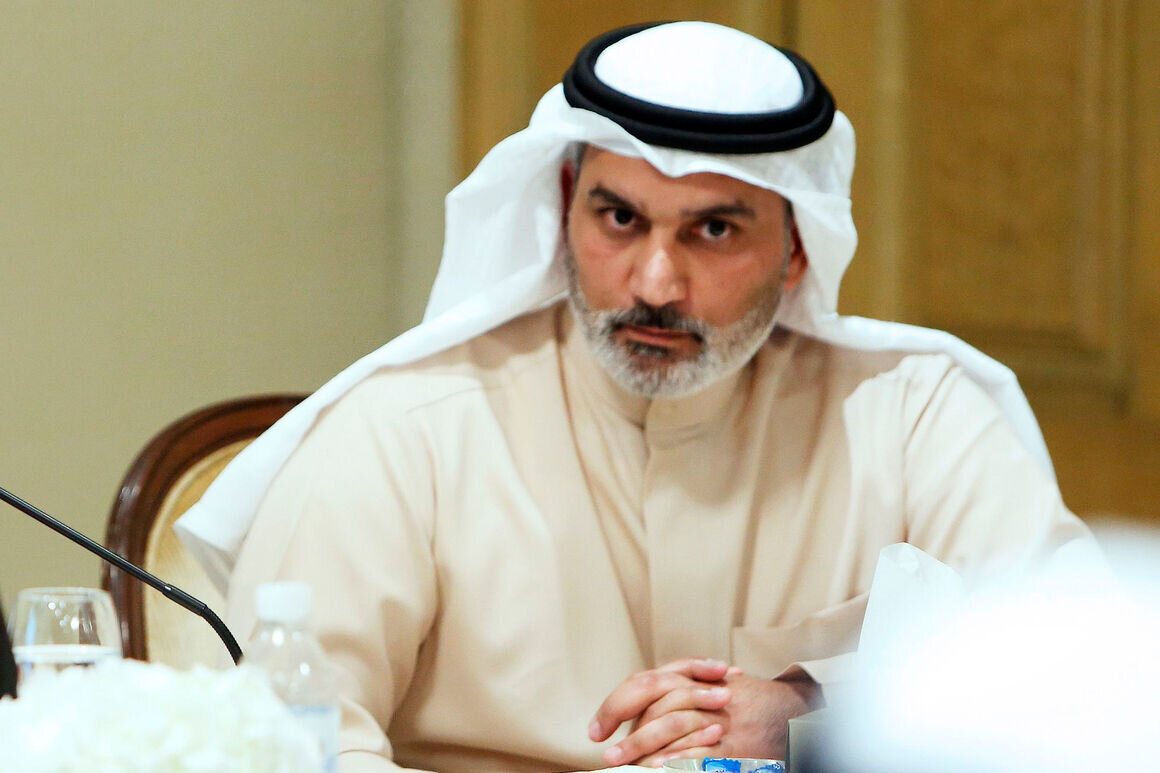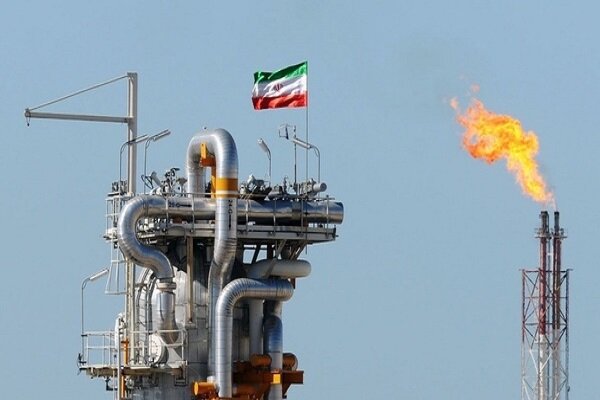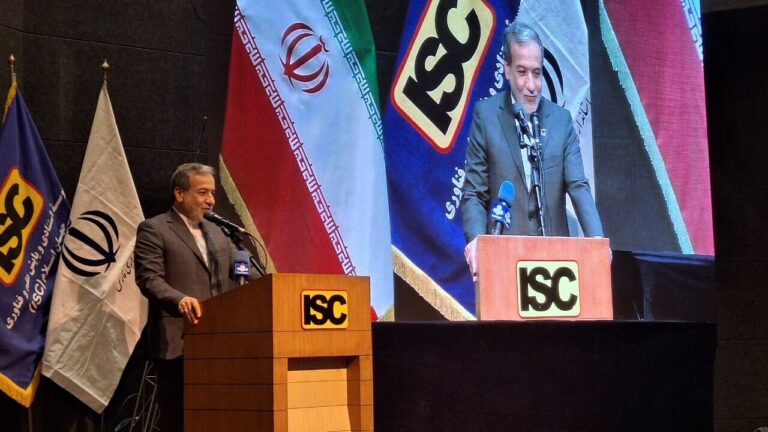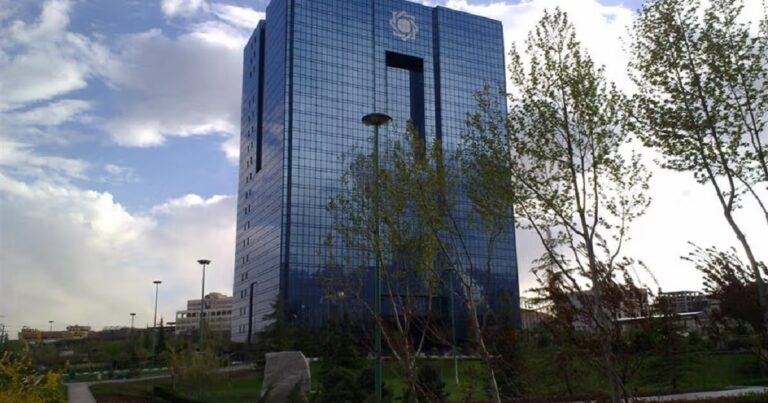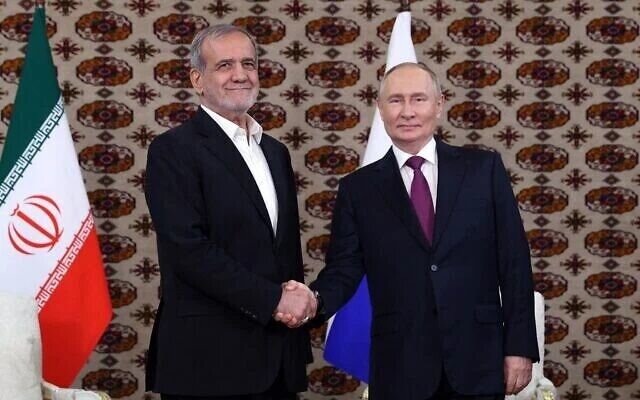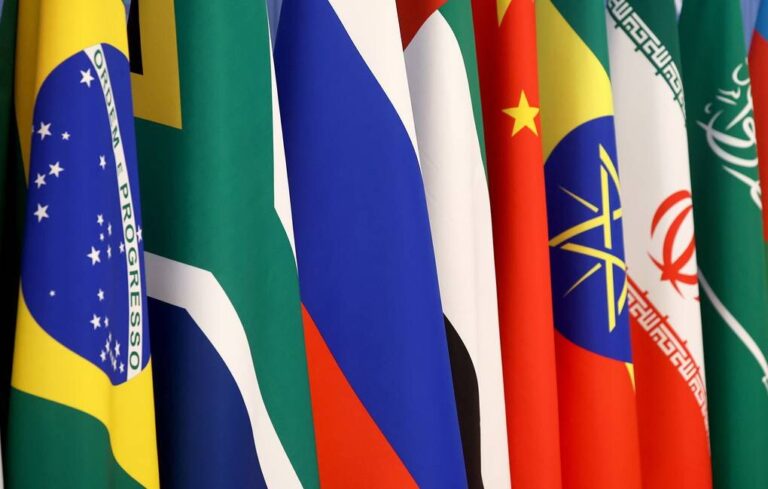OPEC SC Reports $17.4 Trillion Investment Surge Needed for Oil Industry’s Future
In a significant visit to Tehran on February 5, the Secretary-General of the Organization of the Petroleum Exporting Countries (OPEC), Haitham Al Ghais, highlighted the strengthened ties between OPEC and its key member state, Iran. This visit marked a pivotal moment for discussions surrounding global oil market dynamics and the strategic role of Iran within OPEC.
During his visit, Al Ghais engaged in crucial talks with Iranian Oil Minister Mohsen Paknejad. The discussions focused on various aspects of the global oil market, including:
- The challenges posed by geopolitical tensions
- Strategies to ensure stability within the oil market
- Iran’s significant contributions to OPEC’s objectives
Al Ghais emphasized the necessity for unity among OPEC members to effectively tackle the pressing challenges facing the energy sector. This collective approach aims to maintain market stability and enhance cooperation among member nations.
Following his meeting with Minister Paknejad, Al Ghais visited the Oil Monitoring Center in Tehran. Here, he received insights into Iran’s advanced systems for monitoring oil production and exports. This visit underscored Iran’s commitment to transparency and its impressive technical capabilities in the global oil market.
Later in the day, Al Ghais met with Iranian President Masoud Pezeshkian, where they delved into broader economic and energy-related issues. This meeting served to highlight Iran’s strategic importance within OPEC and its potential contributions to the organization’s goals.
President Pezeshkian reiterated Iran’s support for OPEC’s initiatives aimed at stabilizing oil markets and ensuring fair economic returns for member countries. This commitment reflects Iran’s dedication to maintaining a balanced approach in the ever-evolving landscape of global energy.
In a comprehensive interview with the SHANA news agency, Iran’s leading energy news outlet, Al Ghais discussed the outcomes of his meetings with Iranian officials. He stressed the importance of ongoing dialogue and collaboration among OPEC member countries to foster a united front in the face of global energy challenges.
Key points from Al Ghais’s interview included:
- The need for a balanced approach to energy transition
- Ensuring that oil-producing nations are not sidelined in the shift towards cleaner energy sources
- Optimism about Iran’s future contributions to OPEC and the global oil market
Al Ghais expressed confidence that Iran’s expertise and resources are essential to the success of OPEC. His remarks highlighted the pivotal role that Iran can play in shaping the future of the global oil landscape, even as the world transitions towards more sustainable energy practices.
This visit and the discussions that ensued signify a renewed commitment to collaboration between OPEC and Iran, ensuring that the interests of member countries are safeguarded in these transformative times for the energy sector.
In conclusion, the visit of Al Ghais to Tehran not only reinforced Iran’s strategic position within OPEC but also opened avenues for enhanced cooperation and dialogue among member states. As the global energy landscape continues to evolve, the conversations initiated during this visit will likely play a critical role in shaping OPEC’s future strategies and policies.
The developments from this meeting are expected to resonate within the global oil market, influencing both production strategies and market stability in the coming months. With a focus on unity and collaboration, OPEC and its member states, including Iran, are poised to navigate the complexities of the energy transition effectively.
